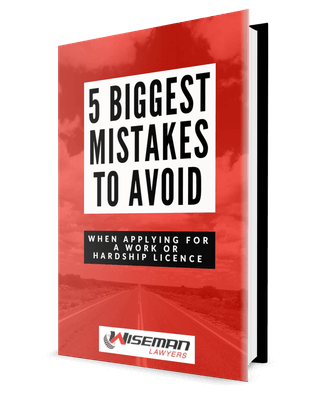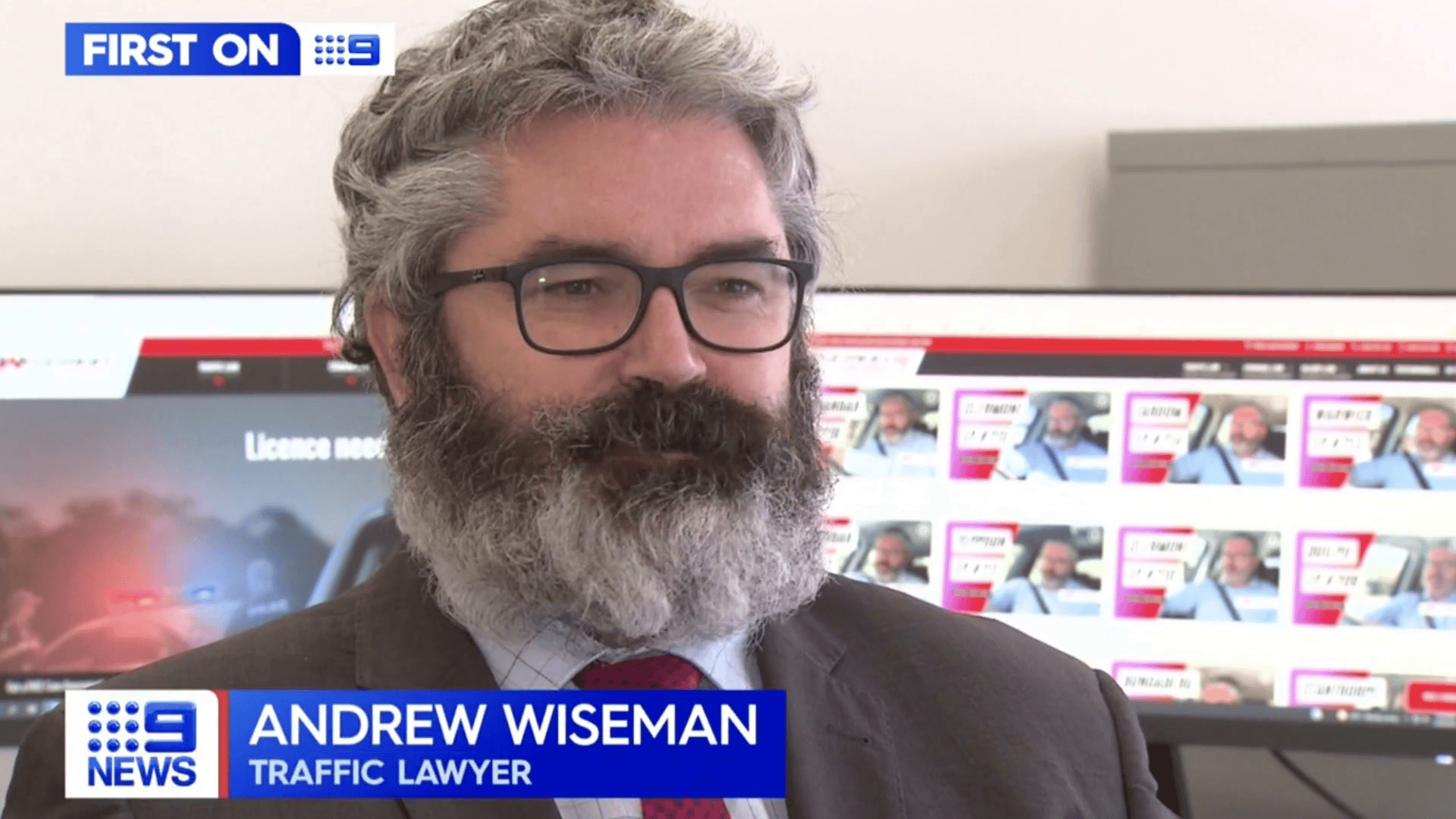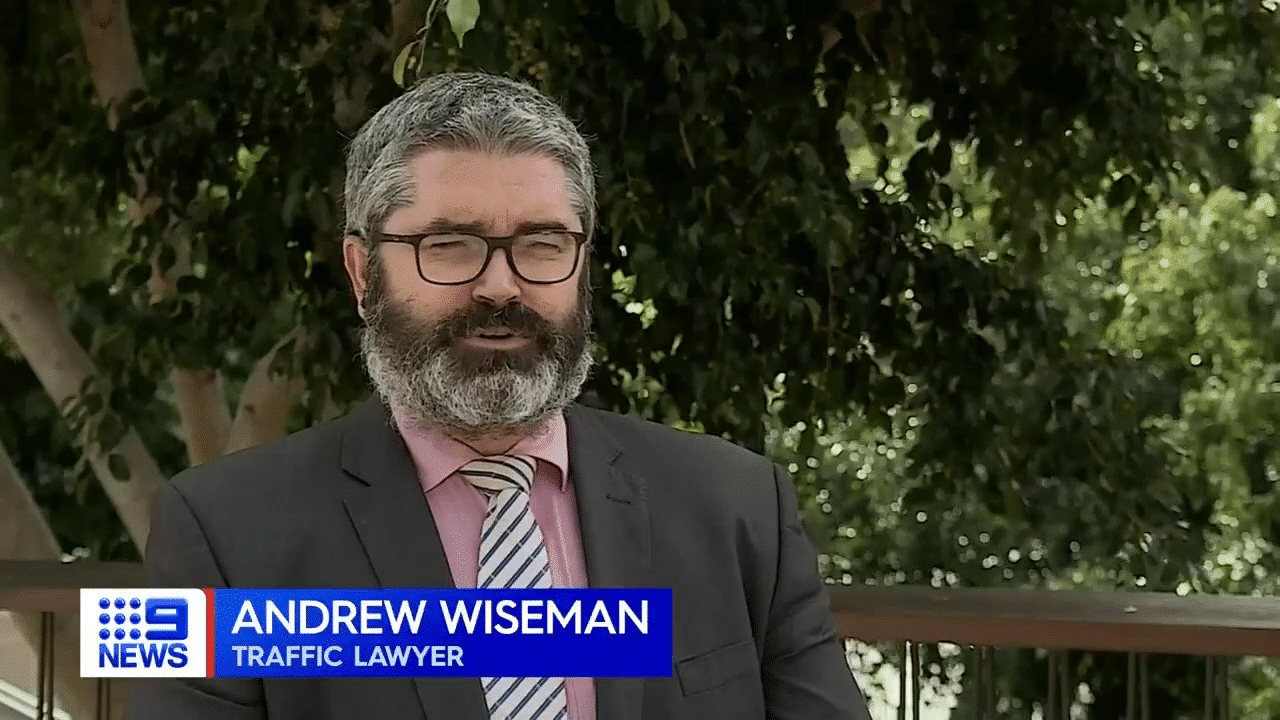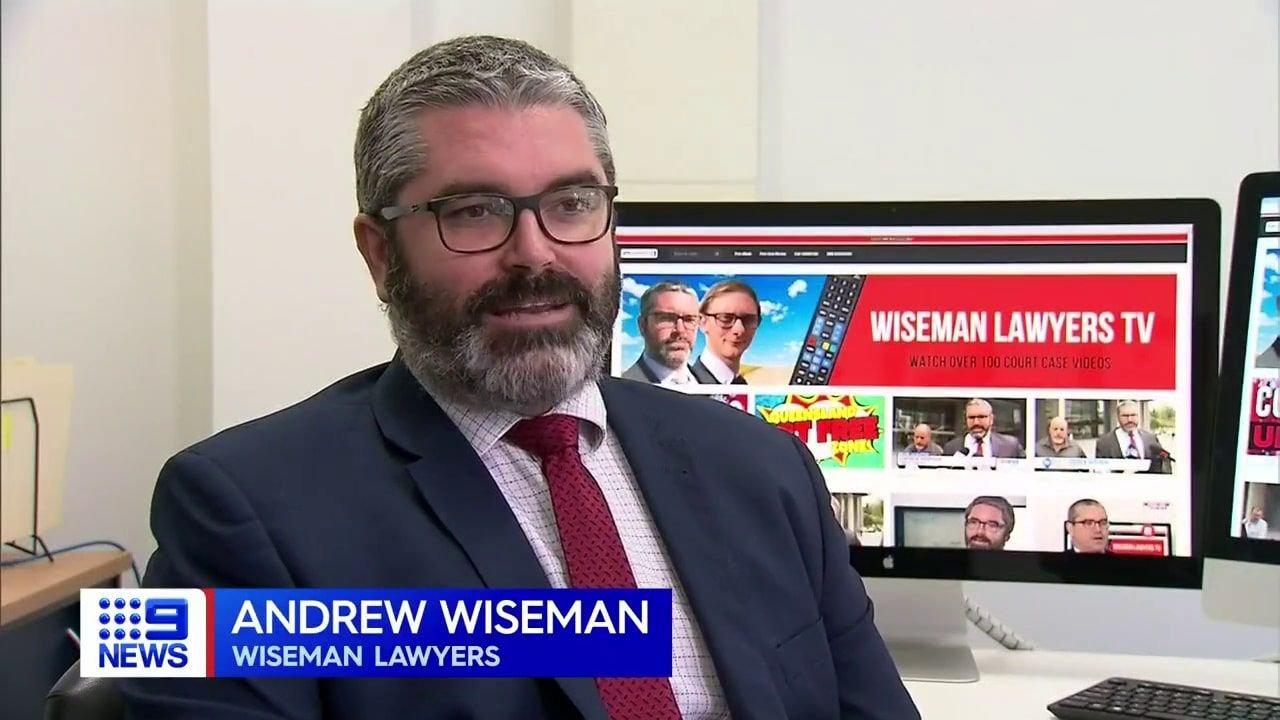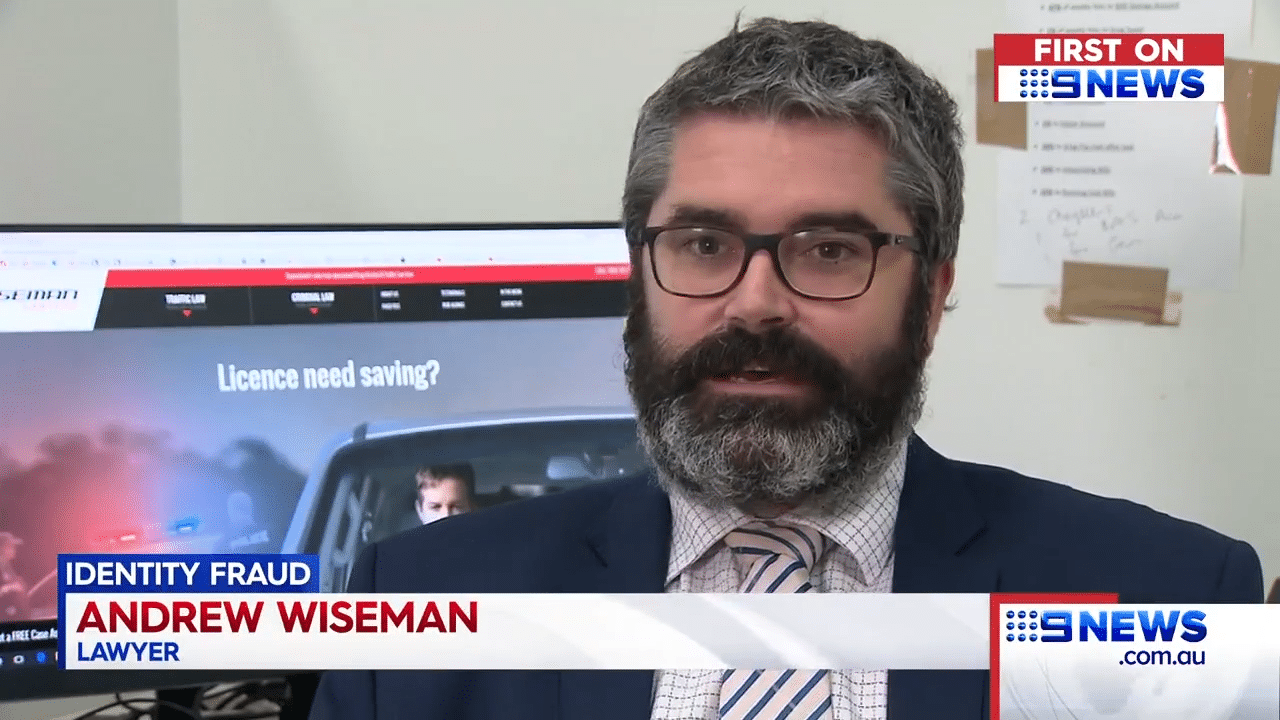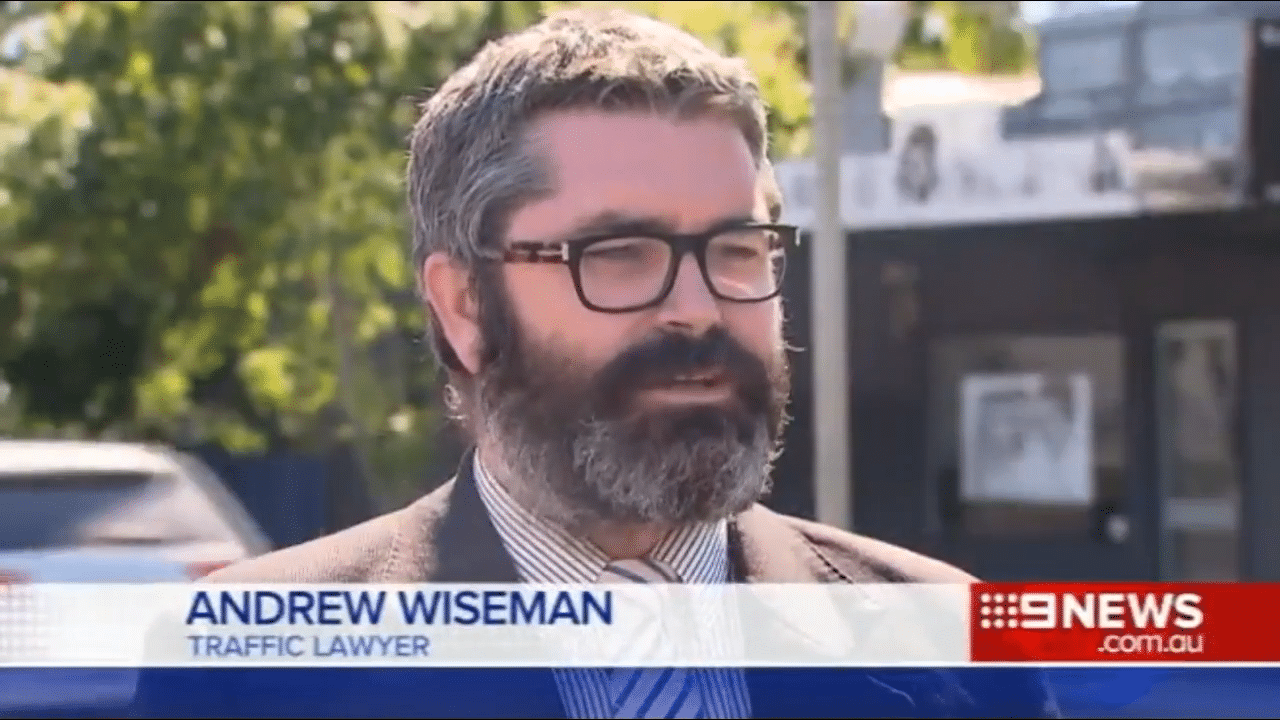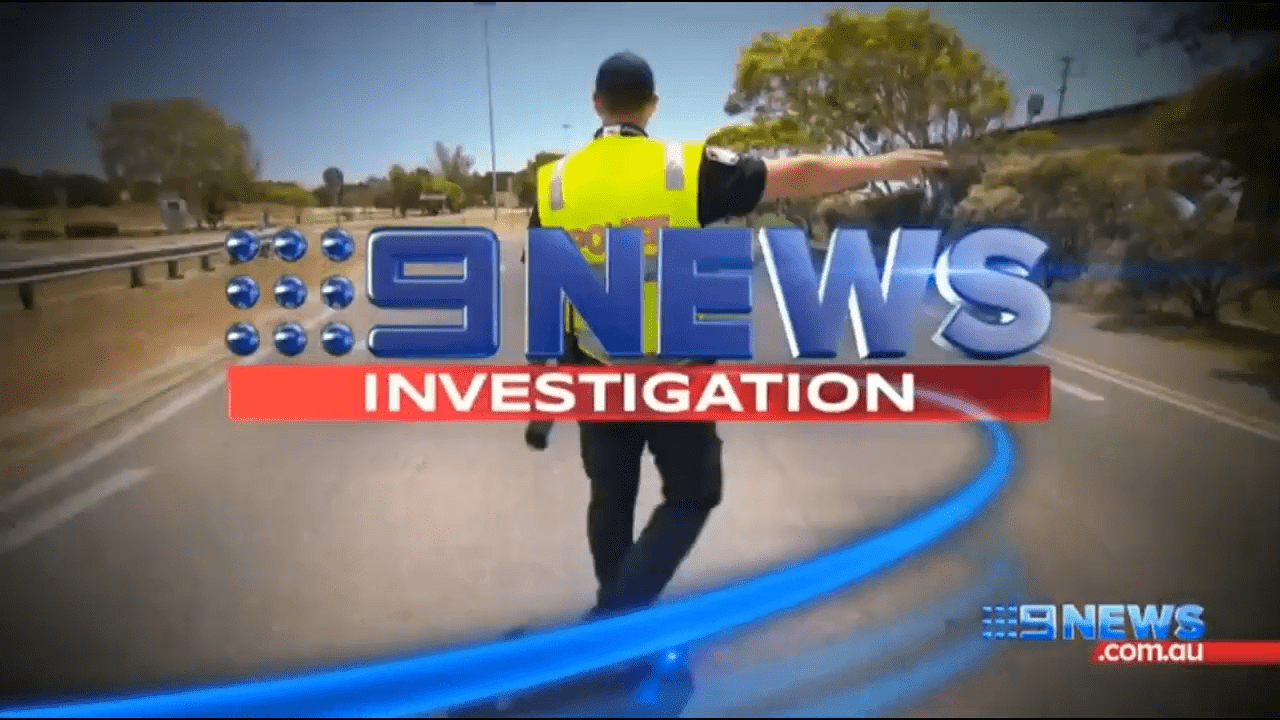Join Wiseman Lawyers Traffic Lawyer Andrew Wiseman at Dalby Magistrates Court as he represents a client charged with Drink Driving. Watch Andrew explain what happened in the courtroom, along with the outcome which he achieved and how he achieved it.
All right. Today I’m at Dalby Magistrates Court, about three hours west of Brisbane, about an hour west of Toowoomba. Client was charged with mid range drink driving, reading a .142. But worse than that, he was involved in a collision. Basically, single vehicle rollover. Wrote his car off, injured himself, ended up in hospital. So pretty serious. Worst case for mid range is an 18 months disqualification, [inaudible] minimum’s three months, but the minimum kicks in at .1. My client was .142, so he was well past that. And to put it in perspective, mid range starts at .15. So if your mid range [inaudible] minimum is six months, and you’re not eligible for a DUI drink driving work licence. So to be eligible for a work licence, you’ve got to be either low or mid range, meaning you’ve got to be under a .149 or below. And there’s other prerequisites, but I won’t go into those now.
My client, because he was a mid range, even though he was almost .15, because he was under .142 and not withstanding the fact that he was in a collision, he was technically eligible to apply for a DUI drink driving work licence. And I was instructed to do that. Basically, to do that, if you’re not self-employed, I need to draught about an eight page affidavit up for you to sign. Thought about income, expenses, family situation, what happened on the day in question, steps you’ve taken to reform, what you’ve learned through your mistake, et cetera. I’ve got to do a four page affidavit up for your employer to sign, saying again, what you do, why you need your licence to do it, and the fact that you’ll lose your job if you lose your licence. I drafted all those well before today. I did receive quite a bit of resistance from the employer with regard of the wording of their affidavit, but we ultimately came to a suitable compromise.
With the employer affidavit, it needs to specifically state what the consequence will be if your client, or if you, lose your licence. So you can’t say, oh, look, we’ll have to reassess his role or see what happens. He’s lost his… He or she have lost their licence, make a decision and state it in the affidavit. If they’re not going to lose their licence, well, fine. We don’t get… You’re not eligible to apply for a work licence, because you don’t deserve one. But if you are going to lose your job, the employer needs to show some metal and state it in the affidavit. But what I’m getting at is there was some resistance. After I had a discussion, similar to the wording that I just stated, they realised that, all right, it’s not a game. We need to call a spade a spade. He will lose his job, so we need to actually say that.
And I’m not implying that people should state things that are incorrect in affidavit. You’re not going to lose your job? Great. That’s fantastic. But if you are, make the call, state it in the affidavit. And if the employer still won’t budge, then I’ll just summons them to give evidence. I’ll arrange for a process server to summons the employer at their workplace, speak court on this date. If they don’t rock up, magistrate could issue a warrant for their arrest. Not the client, the employer. But in any event, that wasn’t the case today. A compromise was met and the wording in the affidavit was still sufficient with regard to the consequence of a loss of licence. It still effectively said that the person, my client, will lose their job.
Documents were drafted and filed well before today. I drove up from Brisbane last night, met the client this morning. We grabbed the conference room, ran through the procedure. What they could expect me to say, the prosecutor to say, magistrate to say. There was a certain amount of, I won’t say resistance, but I had to go into quite a bit of detail to satisfy the elements of why work licence should be granted. But ultimately, I was successful in persuading the magistrate to grant my client’s application. Again, worst case is an 18 month disqualification. [inaudible] minimum is three months, but when a work licence is granted, the magistrate’s got the power to double that. So technically the magistrate could have given three years or a minimum of six months, but it’s a discretion. The magistrate’s not required to double it.
I was successful in persuading A, the magistrate to grant the client’s work licence application, B, to stick to the minimum three months, and C, to give a modest fine. So three month disqualification, work licence granted. Client’s obviously very happy because if you live in the Dalby region and you’ve got a driver’s licence dependent role, which my client does, you’re going to lose your job and you don’t have a lot of options when you’re in a regional location. It’s not like you can get the bus to work instead. Yeah, three months, work licence granted, modest fine. Client’s very happy.
I’m Andrew Wiseman at Dalby Magistrate Court. Thanks for watching.
